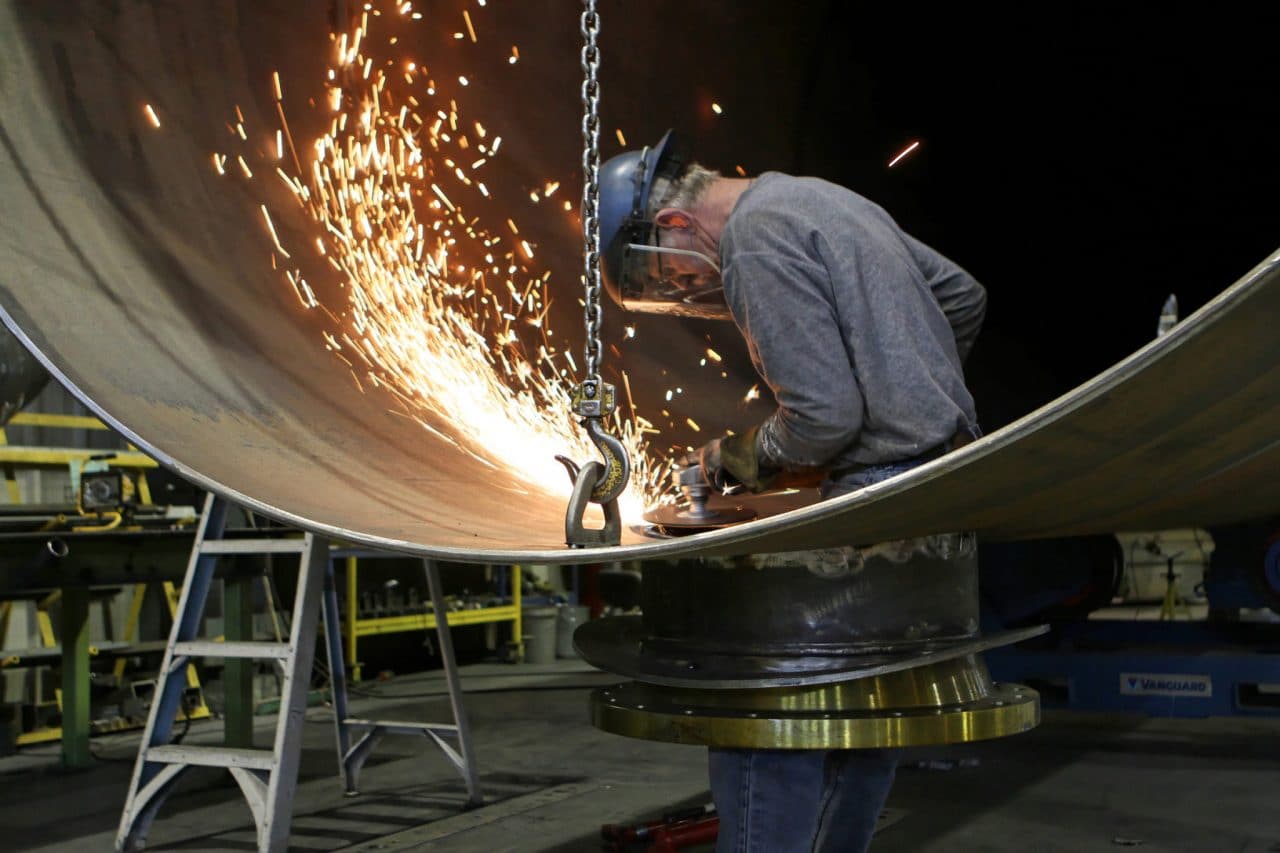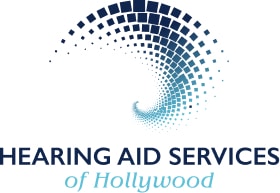Noise induced hearing loss is the second most common form of hearing loss (ranking behind presbycusis, hearing loss related to normal aging), and is the most preventable type.
How Can Sounds Hurt Your Ears?
Background sound is a constant in our busy lives. Normally, background noises are at safe levels that won’t impact our hearing. But repeated exposure to noise above 85 decibels (dB) can cause noise induced hearing loss. The louder the sound, the less amount of time it takes to damage your hearing.
Average Decibel Rating of Common Sounds

- Normal conversation: 60dB
- City traffic: 80-85dB
- Motorcycle: 95 dB
- Sporting events: 100 dB
- Ambulance sirens: 120 dB
- Firecrackers: 140 dB
Who is Affected by Noise Induced Hearing Loss?
Hearing loss is often perceived as “a disease of the elderly,” but noise induced hearing loss shatters that stereotype because it can affect people of all ages, including children, teenagers and adults young and old.
What Activities Can Damage Your Hearing?
It is estimated that 24 percent of Americans between the ages of 20 and 69 are experiencing hearing loss that is the result of exposure to excessive noise either at work or through recreational activities. High-risk pursuits include:
- Hunting.
- Riding motorcycles and snowmobiles.
- Attending rock concerts.
- Listening to music at high volume through ear buds or headphones.
- Mowing the lawn.
- Using a leaf blower.
Signs of Noise Induced Hearing Loss
Hearing loss often develops gradually and may not be immediately noticeable. If conversations and other noises sound distorted or muffled, you may be experiencing early symptoms.
Other signs include:
- Frequently asking people to repeat themselves when speaking.
- Watching TV or listening to the radio with the volume set at a level uncomfortable to others.
Many times, exposure to loud noise causes a temporary hearing loss that disappears within 48 hours. Over time this may lead to long-term hearing damage.
How Do You Treat Noise-induced Hearing Loss?
The most common treatment method for this hearing loss type is the use of a hearing aid. For cases where a traditional device cannot be used or will not be effective, a bone-anchored hearing device may be fitted instead.
Noise induced hearing loss can occasionally be temporary and hearing may return after 16 to 48 hours. That doesn’t mean that damage hasn’t occurred though. If you have already suffered from noise damage, existing damage to your hearing cannot be repaired, but prevention methods can keep more damage from occurring.
How to Prevent Hearing Loss
Noise induced hearing loss is 100 percent preventable.
An awareness of activities that can cause hearing damage is key. When exposed to loud noise, be sure to wear earplugs or other protective devices. We carry custom earplugs designed for specific activities such as hunting and listening to live music. Keep the volume at a reasonable while level listening to music through headphones.
Regular hearing tests can help identify problems early, reducing your risk of developing long-term damage.
Call Hearing Aid Services of Hollywood at (323) 463-7109 for more information or to schedule your appointment today.

